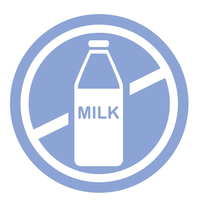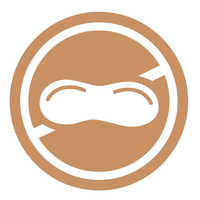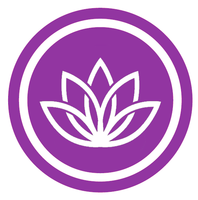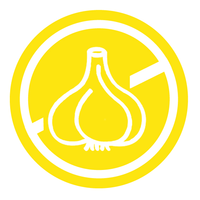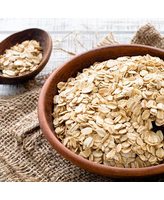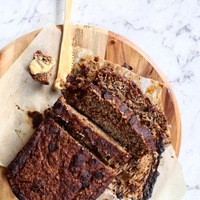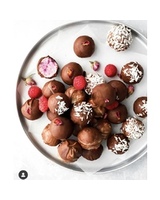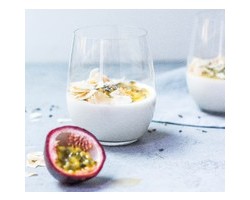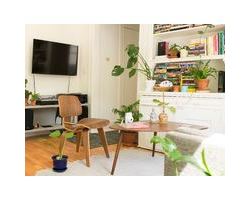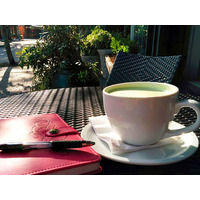Mood Boosting Herbs To Beat The Winter Blues
Author: Lyndell Stringer Date Posted:12 July 2017
The wintery cold, dark days can seem to drag on forever and perhaps you’re feeling sapped of energy or moodier than usual. This is also a time of year when people may experience a form of depression called seasonal affective disorder (SAD). The Danish, who are well-versed in long dark winters, have a word “hygge” (pronounced hoo-ga) which translates as a sense of coziness, comfort and warmth in order to maintain a positive mindset despite the monotony of winter. The ritual of making a warm herbal tea every day is one simple way to create hygge in your home this winter. There are many herbs that can improve mood, reduce anxiety and help with sleep.
St John’s Wort (Hypericum perforatum) has been proven to be highly effective for alleviating anxiety, stress, seasonal affective disorder, insomnia and depression (Bone, 2003). Low serotonin levels have been linked with depression and St John’s wort enables serotonin levels to remain elevated in the brain for longer, making it more effective than a placebo in major depression yet without the side effects of antidepressants (Linde et al., 2005). St John’s Wort interacts with many drugs, including antidepressants and birth control pills, so if you are taking any medication check with your doctor first.
The health benefits of turmeric (curcumin) continue to expand with a recent randomised controlled trial on the efficacy of curcumin in major depressive disorder (Sanmukhani et al., 2014). Curcumin was found to enhance the effect of fluoxetine, an antidepressant medication, compared to fluoxetine alone.
Lemon Balm (Melissa officinalis) soothes the nervous system in an effective yet gentle way and is often used to treat symptoms of anxiety and sleeplessness (Müller and Klement, 2006). A small double-blind placebo-controlled trial found people given lemon balm after being subjected to induced stress reported increased levels of calmness (Kennedy et al., 2004). With its pleasant citrus flavour, lemon balm is a lovely addition to any herbal tea blend.
Passionflower (Passionata incarnata) contains many active ingredients which have demonstrated calming and relaxing actions on the central nervous system (Movafegh et al., 2008). In a small human trial, passionflower was as successful at treating generalized anxiety disorder as the prescription medication Oxazepam. Passionflower took longer to start working than the prescription medication, but did not have the side-effects often associated with Oxazepam (Akhondzadeh et al., 2001). Passionflower is also traditionally used to improve sleep quality: in a recent clinical trial (Ngan and Conduit, 2011), participants drank a daily dose of passionflower tea and kept a sleep diary for seven days. Afterwards they reported improvements in the quality of their sleep, leading researchers to suggest passionflower may help manage mild sleep irregularities.
Green tea contains many bioactive ingredients including the mood-enhancing amino acid L-theanine. Studies have shown L-theathine improves alpha brain wave activity and increased synthesis of GABA (Nobre et al., 2008). Increased GABA, in turn, increases brain levels of dopamine and reduces serotonin, resulting in general feelings of calm and well-being. The calming effects of L-theanine are believed to compensate for the stimulating effects of caffeine in green tea (Kakuda et al., 2000).
Mood Boosting Tea
Try loose leaf St John’s wort tea or make a turmeric tea and add some fresh ginger slices for a quick lift in the afternoon. Other mood boosting options:
Calming Tea Blend
For a deliciously relaxing tea, combine equal parts of loose leaf lemon balm and passionflower. Added extras could include lavender or valerian to aid with sleep, rosehips for extra vitamin C or orange peel to enhance the citrusy flavour. Place a heaped teaspoon into a cup and pour boiling water over, allowing it steep for a good 5-10 minutes to get as much therapeutic goodness out of the leaves as possible before drinking. These herbs are also suitable to give to children as a tea. Allow the tea to cool or add some cold water before giving it to your child to drink.
Lyndell Stringer (BHSc Naturopathy)
References
Akhondzadeh, S., Naghavi, H.R., Vazirian, M., Shayeganpour, A., Rashidi, H., Khani, M., 2001. Passionflower in the treatment of generalized anxiety: a pilot double-blind randomized controlled trial with oxazepam. J. Clin. Pharm. Ther. 26, 363–367.
Bone, K., 2003. A clinical guide to blending liquid herbs: herbal formulations for the individual patient. Churchill Livingstone, Edinburgh.
Kakuda, T., Nozawa, A., Unno, T., Okamura, N., Okai, O., 2000. Inhibiting effects of theanine on caffeine stimulation evaluated by EEG in the rat. Biosci. Biotechnol. Biochem. 64, 287–293.
Kennedy, D.O., Little, W., Scholey, A.B., 2004. Attenuation of laboratory-induced stress in humans after acute administration of Melissa officinalis (Lemon Balm). Psychosom. Med. 66, 607–613.
Linde, K., Mulrow, C.D., Berner, M., Egger, M., 2005. St John’s wort for depression. Cochrane Database Syst. Rev. CD000448.
Movafegh, A., Alizadeh, R., Hajimohamadi, F., Esfehani, F., Nejatfar, M., 2008. Preoperative oral Passiflora incarnata reduces anxiety in ambulatory surgery patients: a double-blind, placebo-controlled study. Anesth. Analg. 106, 1728–1732.
Müller, S.F., Klement, S., 2006. A combination of valerian and lemon balm is effective in the treatment of restlessness and dyssomnia in children. Phytomedicine Int. J. Phytother. Phytopharm. 13, 383–387.
Ngan, A., Conduit, R., 2011. A double-blind, placebo-controlled investigation of the effects of Passiflora incarnata (passionflower) herbal tea on subjective sleep quality. Phytother. Res. PTR 25, 1153–1159.
Nobre, A.C., Rao, A., Owen, G.N., 2008. L-theanine, a natural constituent in tea, and its effect on mental state. Asia Pac. J. Clin. Nutr. 17 Suppl 1, 167–168.
Sanmukhani, J., Satodia, V., Trivedi, J., Patel, T., Tiwari, D., Panchal, B., Goel, A., Tripathi, C.B., 2014. Efficacy and safety of curcumin in major depressive disorder: a randomized controlled trial. Phytother. Res. PTR 28, 579–585.



